16,500 years ago in wind-driven snow on the massive Beringia land bridge between eastern Siberia and present-day Alaska, a Paleo-Indian hunting party of four men cornered their prey, the Arctodus or bulldog bear, at the edge of a cliff, as the ice laden steel sea crashed far below. The last of his kind, at nearly 2000 lbs, the furious mammal towered above his thin, frail, spear-armed attackers. Already wounded, it lashed out in a frenzy to survive. The massive paw caught the side of the nearest man, crushing his skull and somersaulting him into the air. But, even as his body flew over the edge, two flint-tipped points penetrated the bear’s heart and it was dead before their brother’s lifeless body hit the rocky shore. A great victory, the kill would feed the clan for weeks of winter and rap newborn infants in thick fur. They would miss and mourn their kinsman.
Such has been man’s struggle of life and death for hundreds of thousands of years. Short, violent, painful, and absolute. Whether it was harsh weather, the battle for food, childbirth or brief disease, we lived or died. It did not require an understanding of possibility or prognosis. This was the world in which the human race evolved, conquered and, a few, survived.
In 2014, the control of our environment, sanitation, relatively stable governments and medical science has radically changed that world. While short death is possible, it is not the rule. In the United States, the average man will have his terminal disease for three years and a woman five. Medicine makes illness chronic and healthcare stretches time. No longer is dying about this moment. Dying is something we do slowly, perhaps for years.
This is victory. Most women with breast cancer are cured. Most men with prostate cancer are in remission. It is possible to live for years after lung cancer, bladder cancer and occasionally pancreatic neoplasm. This is good. This is wonderful. Nevertheless, this is a problem. We are not meant to survive.
Our minds are wired to fight the bear. Fight or flight. Live or die. Then, it is done. If we are dead, we are dead. If we are alive, then we have won and we are fine and we are healthy. The bear is not going to climb off the cooking spit and attack us again.
However, if we “survive” cancer, there seems always the chance, no matter how small, that the cancer will come back. What really is our prognosis? Did they get it all? What does that pain mean? Am I supposed to be this tired? What does the future hold? Our brains are designed for fighting a battle to survive which is a roar, not a haunting whisper. We understand that we are safe when we see no bear. How can we convince ourselves we are safe when we cannot see, barely comprehend the enemy, and there seems to be nothing we can do to really be safe again?
That nagging doubt, which seems to remind us too often that we are cancer patients, does not mean we are insane or weak. It means we are human. We do not survive well. It is normal and common to be reminded of the disease by nearly every pain, ache, fever and even the common cold. It is not crazy to worry that the soreness from your flu shot just might mean the cancer has spread to your arm. It is how we are designed. Listen for the bear. See the bear. Kill the bear. We are always alert, but we feel that battle should be brief, brutal and then complete. With cancer, how can we convince ourselves that the fight is won and we can truly rest?
First, recognize that these feelings are normal and will come and go, hopefully less, as time passes. Do not beat yourself up simply because your mind works like every person in the last million years. Learn your triggers. The next lab test? Breast cancer month? Aunt Millie’s stories? The holidays? Body aches? Try to avoid or anticipate their effect. Put them in a broad perspective of feeling healthy.
Next, design, in coordination with your doctor, a surveillance strategy, whether it is exams, tests, or just the occasional discussion. Research that strategy; understand how it works, and how it will protect you. Invest the emotional burden, the anxiety, in that plan. Try to release your tendency to use worry as a blanket. Trust the plan.
Do things to gain control. Exercise? Anti-cancer diet? Reiki? Yoga? Teaching? Volunteering? Art? Work? Travel? Sex? Reading? Taking active command, organizing your future, is not denial. The key to killing the bear is action and control. No hunter ever talked a bear to death.
Do not be embarrassed to share that you are frequently threatened by the possibility of relapse. Discuss it with family or friends, counselor or a support group. You are not nuts and definitely not alone. This is what they were talking about when they said, “misery loves company.”
The world has changed. Our minds are alert, vigilant, and ready; but you are still a hunter on the harsh Bering Sea ice. But now, when you survive, the shadow of the bear remains. Thus, you must continue the fight. You are strong, you are able, and miraculously, you are alive. Flint arrowhead tipped spear at the ready.
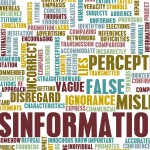
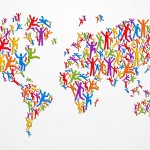
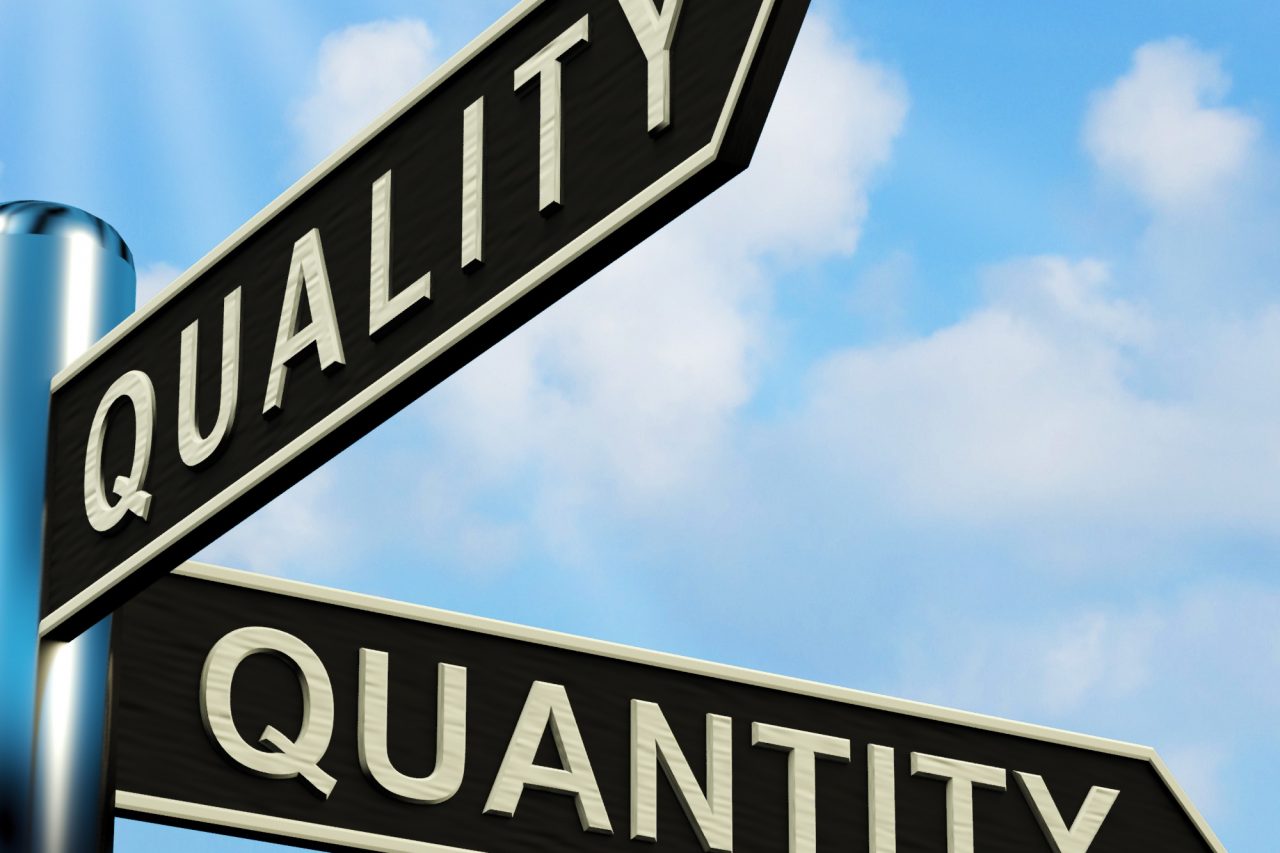

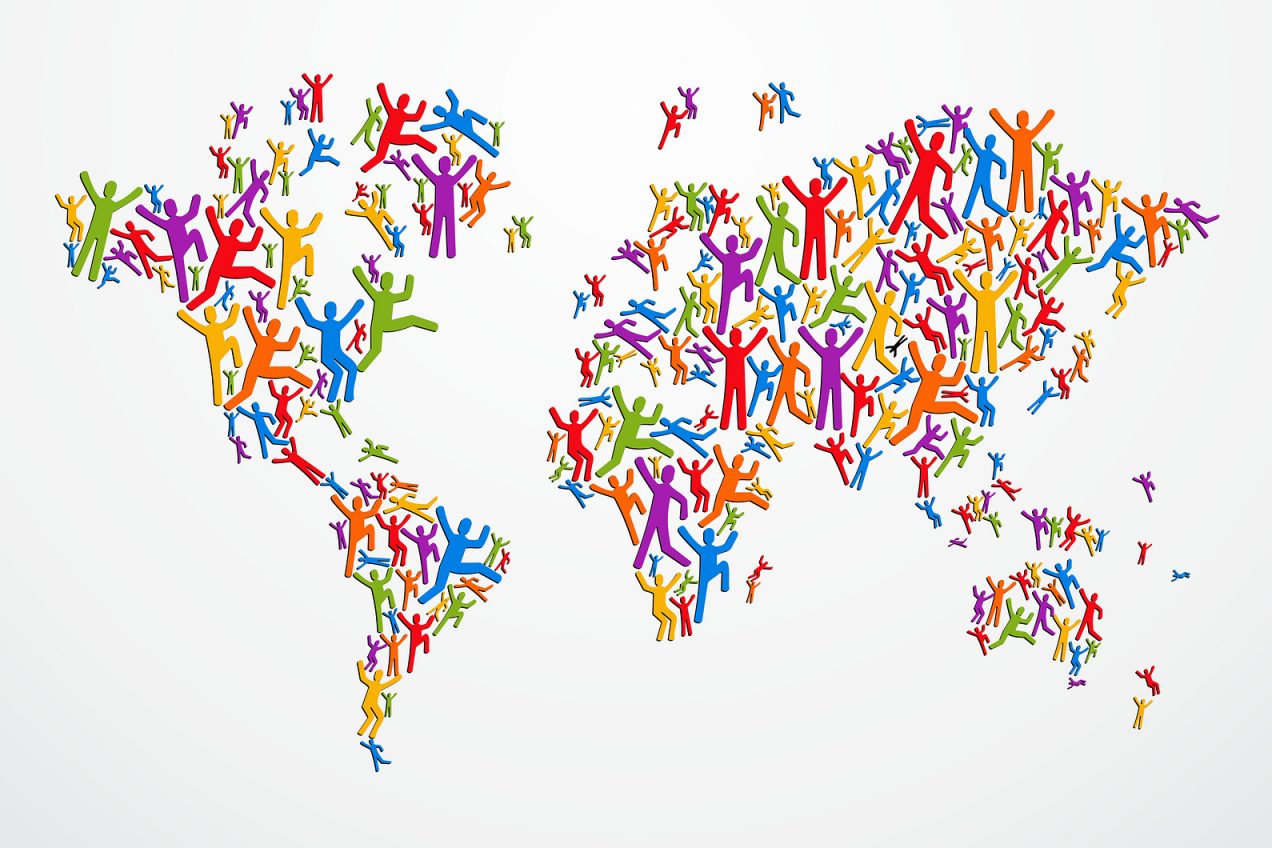
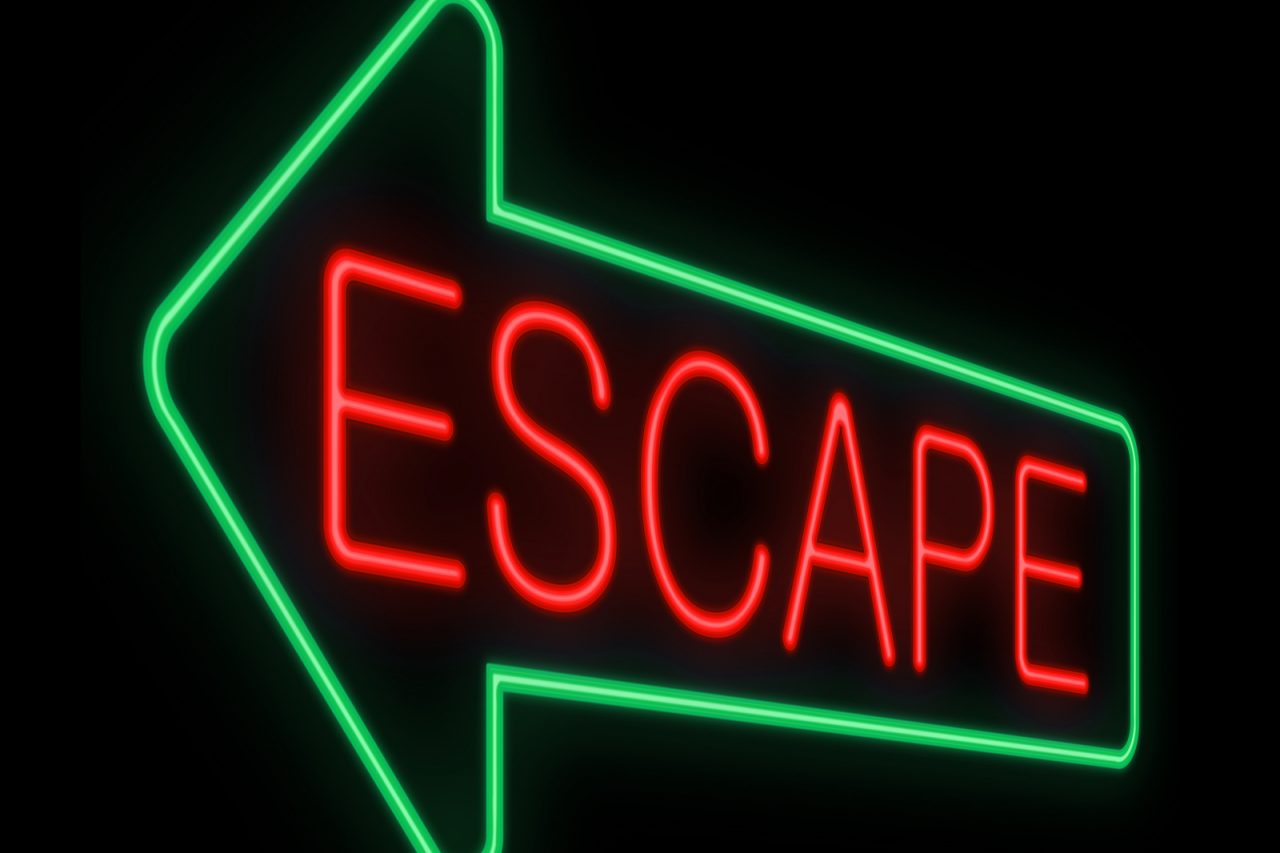
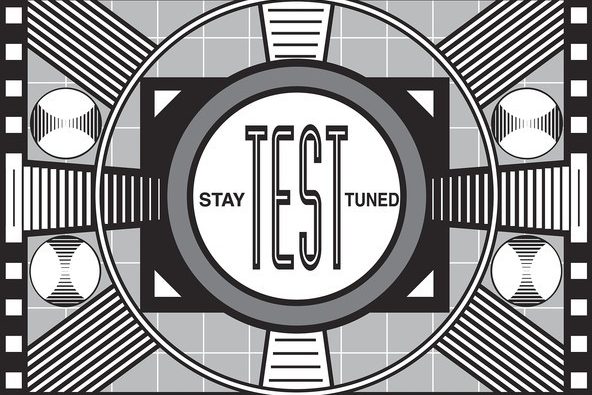
15 Comments